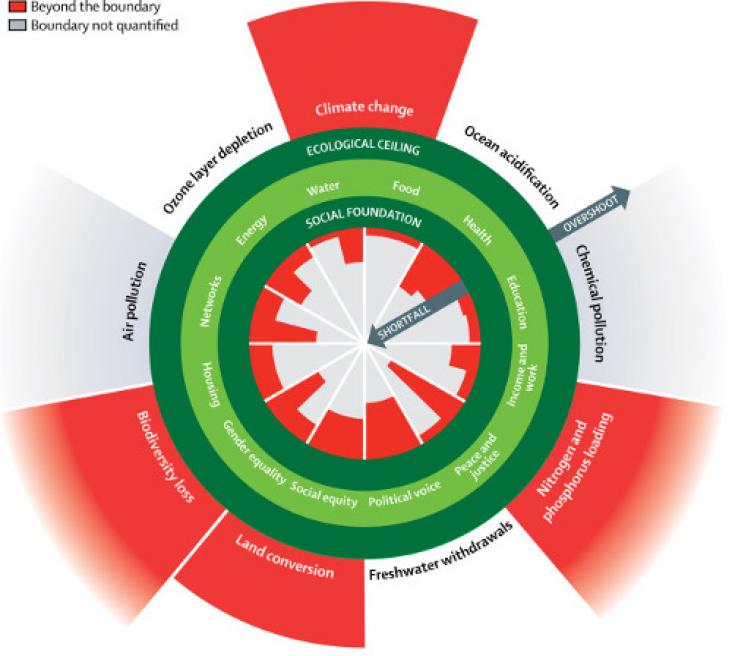A review of sustainable energy access and technologies for healthcare facilities in the Global South
Sustainable Energy Technologies and Assessments, Volume 22, August 2017
Access to reliable, affordable and sustainable energy is essential for improving living standards, development and economic growth.
Climate change, population growth and rapidly increasing urbanisation severely threaten water quantity and quality in Sub-Saharan Africa.
Fossil fuel subsidies are a key barrier for economic development and climate change mitigation.
Elsevier,
Gopalakrishnan, Varsha and Bakshi, Bhavik R., "Including Nature in Engineering Decisions for Sustainability", Editor(s): Martin A. Abraham, Encyclopedia of Sustainable Technologies, Elsevier (2017), Pages 107-116
Through the practice of biomimicry, engineering can both emulate and conserve the natural world. In this chapter, the author notes that our development practices have often "ignored or undervalued" nature, and describes the ways in which we can aim to build systems that are self-sustaining and resilient, much like earth's ecosystems. This chapter advances SDGs 7, 11 and 13.

It is no secret to anyone living in Beirut or a similar modern city in a semi-arid tropical country in the summer that their home has become a concrete forest and an urban heat island.
Urban water and energy systems are crucial for sustainably meeting basic service demands in cities.
Equality between economic progress and environmental sustainability is essential for a developing country like India.
Chalcopyrite semiconductors are used in thin film solar cells with the highest efficiencies, in particular for flexible solar cells.
Metal-halide perovskite semiconductors are certainly one of the hottest topic in solar energy conversion.

